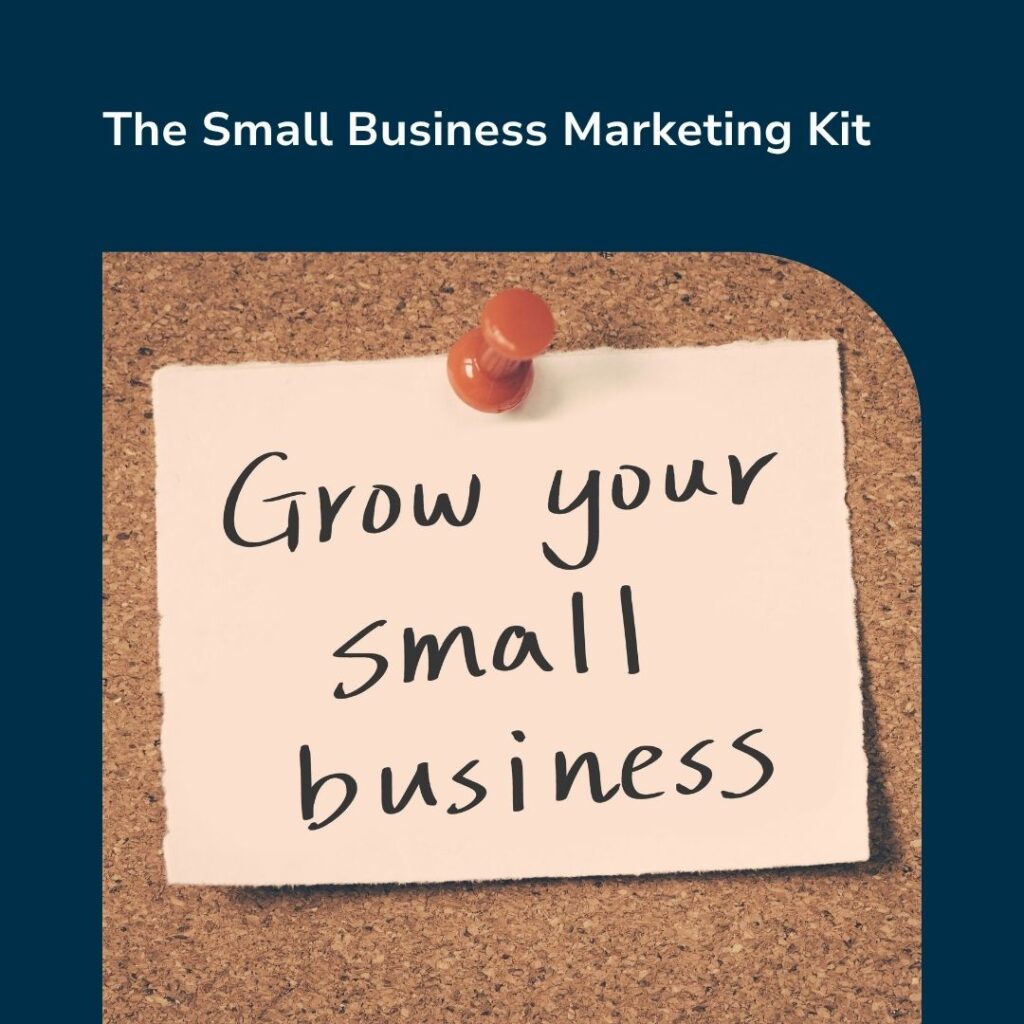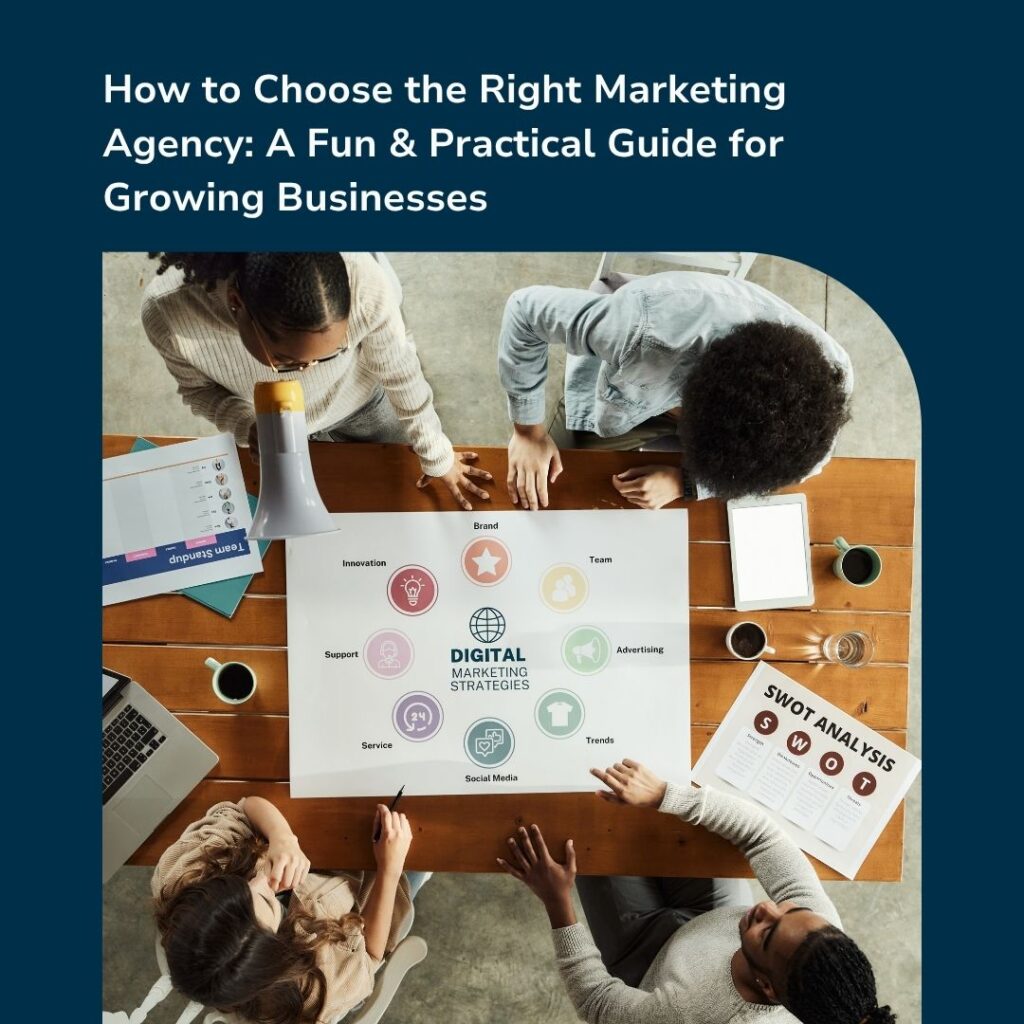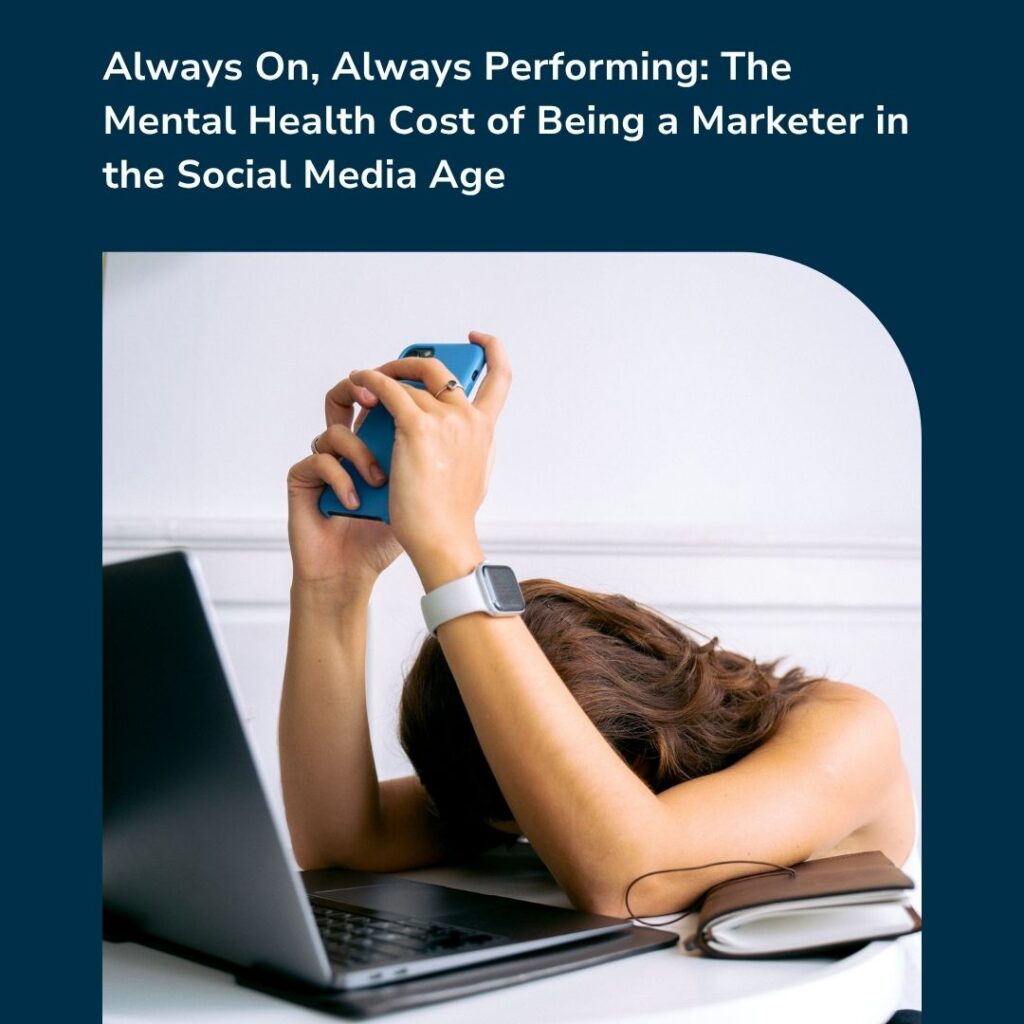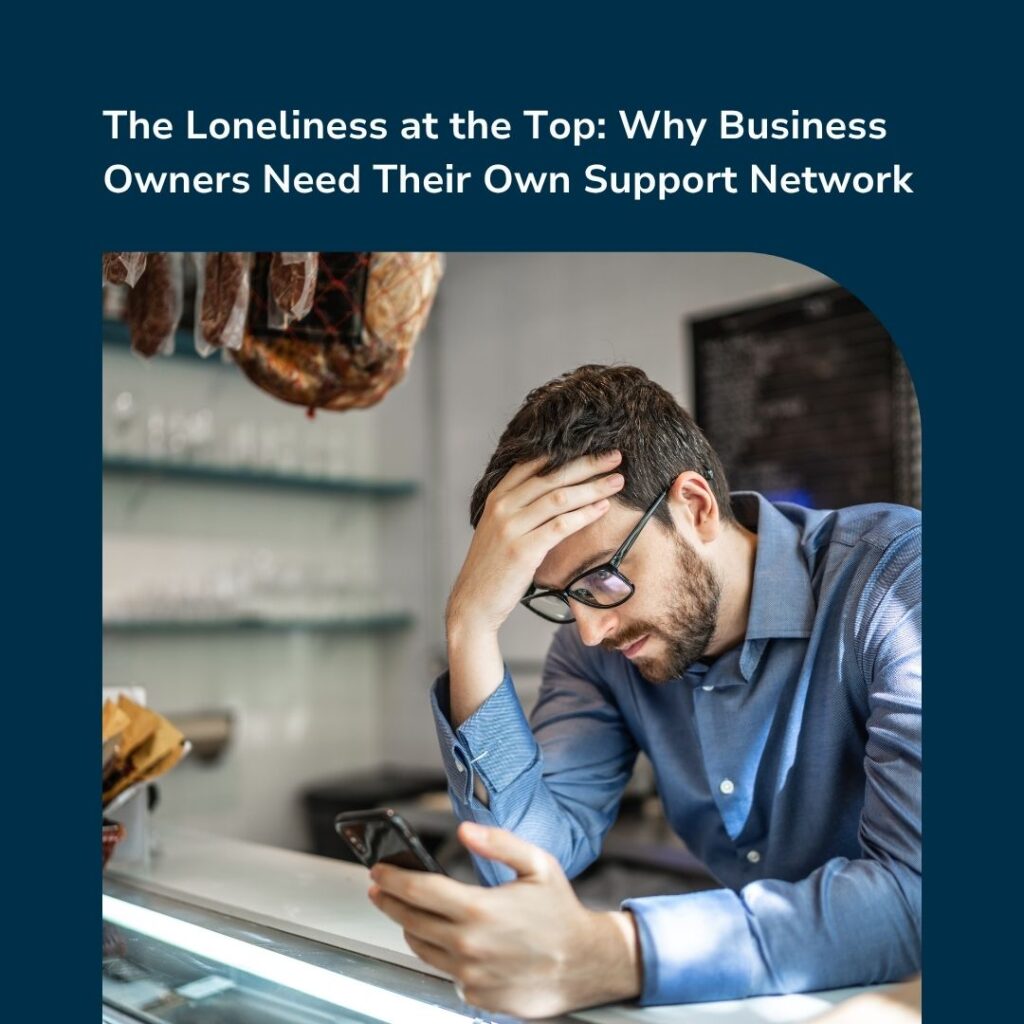Is Artificial Intelligence the harbinger of the future of marketing?
Does the future hinge on extended personalisation?
Or could it be that the key lies in cultivating brand-customer relationships?
These are the questions that often circulate within the realm of marketing, given its inclination towards adopting buzzwords and trends. However, instead of speculating about the future, let’s focus on the present, specifically, a strategy that amalgamates all these elements: integrated marketing.
Understanding Integrated Marketing: The Definition, The Necessity
To demystify the jargon, integrated marketing is a strategic approach that ensures cohesive messaging across all platforms where your brand has a presence. It promotes brand consistency, whether you interact with your audience online or offline.
While the idea may seem basic, businesses often underestimate its significance. Despite the apparent need for integrated marketing, businesses frequently execute marketing strategies without the necessary coordination. This lack of synergy can lead to missed opportunities like:
- Crafting a unified voice for your brand
- Establishing your brand as organised and not fragmented
- Demonstrating your business’s organised nature
Integrated Marketing: A Catalyst for Enhanced Performance
Organisation and structure are universally acknowledged as pillars of business success. Marketing, being an integral part of any business, is no exception.
Integrated marketing helps present an organised, unified brand narrative that potential customers can easily understand and engage with. As a result, it simplifies the decision-making process for them and increases the chances of conversion.
Optimising Resources: A Cost-effective Approach
Aside from improving performance, integrated marketing promotes cost-efficiency. A consistent message allows for the development of versatile marketing assets that can be repurposed across various channels.
Instead of dedicating resources to ideation and the creation of new campaigns for every channel, businesses can reuse and adapt the same assets. This approach reduces both financial expenses and time investments, ensuring optimal resource allocation.
Data Collection and Analysis: A Consistent Source of Insight
Marketing isn’t merely about promoting your brand; it’s also about learning from the market and your audience. Campaigns provide essential feedback and insights, turning the marketing landscape into a testing ground for businesses.
However, when you test different campaigns on different platforms, your findings can become skewed or fragmented. But with integrated marketing, you’re essentially testing a unified message across multiple platforms. This approach allows for more comprehensive and insightful data collection and analysis.
By maintaining consistency, you can gather data that aligns with a single narrative, offering a robust foundation for improvement. This way, you’re not merely experimenting; you’re continuously learning, refining, and enhancing your strategy based on tangible insights.
Integrated Marketing in the Era of Digital Transformation
Given the rapid digitisation of the business world, the significance of integrated marketing becomes even more pronounced.
The emergence of artificial intelligence, extended personalisation, and the evolving dynamics of brand-customer relationships further necessitate a unified approach.
Artificial Intelligence: The Game Changer
Artificial Intelligence (AI) is revolutionising how businesses operate, particularly in the realm of marketing. From data analysis to predictive modelling, AI tools are becoming indispensable in designing and executing marketing strategies.
In the context of integrated marketing, AI can offer valuable insights that help shape a consistent narrative across all platforms. It allows for real-time analysis of large data sets, enabling businesses to fine-tune their strategies instantly and ensure brand messaging aligns with evolving market trends.
Extended Personalisation: Bridging the Brand-Customer Gap
As marketing strategies become more customer-centric, extended personalisation plays a crucial role. It’s no longer about reaching out to the masses; it’s about catering to individual preferences and needs.
Integrated marketing is pivotal in this regard. By ensuring consistent messaging across all channels, it helps maintain a unified image while tailoring interactions based on individual customer preferences. This blend of consistency and personalisation creates a seamless customer journey, fostering stronger brand-customer relationships.
Brand-Customer Relationships: The Lifeline of Businesses
In today’s competitive landscape, the strength of brand-customer relationships can determine a business’s success. Integrated marketing, by creating a consistent and relatable brand narrative, helps foster these relationships.
Through a unified approach, brands can present a humanised image that resonates with their audience. This connection, coupled with personalised interactions, can significantly enhance customer loyalty and brand affinity.
In Conclusion: The Power of Integrated Marketing
In the grand scheme of marketing, integrated marketing doesn’t just bind all efforts into a consistent narrative; it lays the groundwork for a future-proof strategy. It offers the framework to incorporate emerging trends like artificial intelligence and extended personalisation effectively. Furthermore, it ensures that as businesses evolve and adapt, they maintain a consistent brand image that resonates with their audience.
Indeed, integrated marketing isn’t just about the present; it’s about preparing for the future. By providing a stable and adaptable base, it ensures businesses can navigate through the dynamic marketing landscape, no matter what the future holds.









